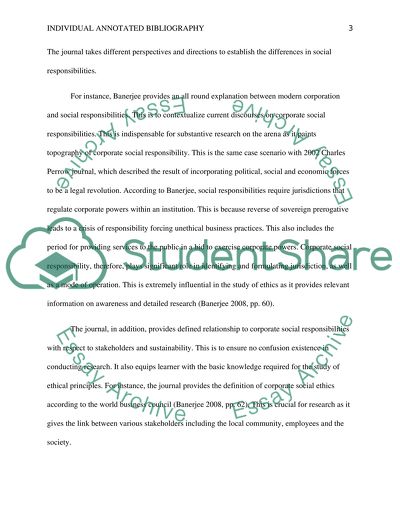Cite this document
(Modern Corporation and Social Responsibility Annotated Bibliography, n.d.)
Modern Corporation and Social Responsibility Annotated Bibliography. Retrieved from https://studentshare.org/culture/1401898-business-ethics-annotated-bibliography
Modern Corporation and Social Responsibility Annotated Bibliography. Retrieved from https://studentshare.org/culture/1401898-business-ethics-annotated-bibliography
(Modern Corporation and Social Responsibility Annotated Bibliography)
Modern Corporation and Social Responsibility Annotated Bibliography. https://studentshare.org/culture/1401898-business-ethics-annotated-bibliography.
Modern Corporation and Social Responsibility Annotated Bibliography. https://studentshare.org/culture/1401898-business-ethics-annotated-bibliography.
“Modern Corporation and Social Responsibility Annotated Bibliography”, n.d. https://studentshare.org/culture/1401898-business-ethics-annotated-bibliography.


